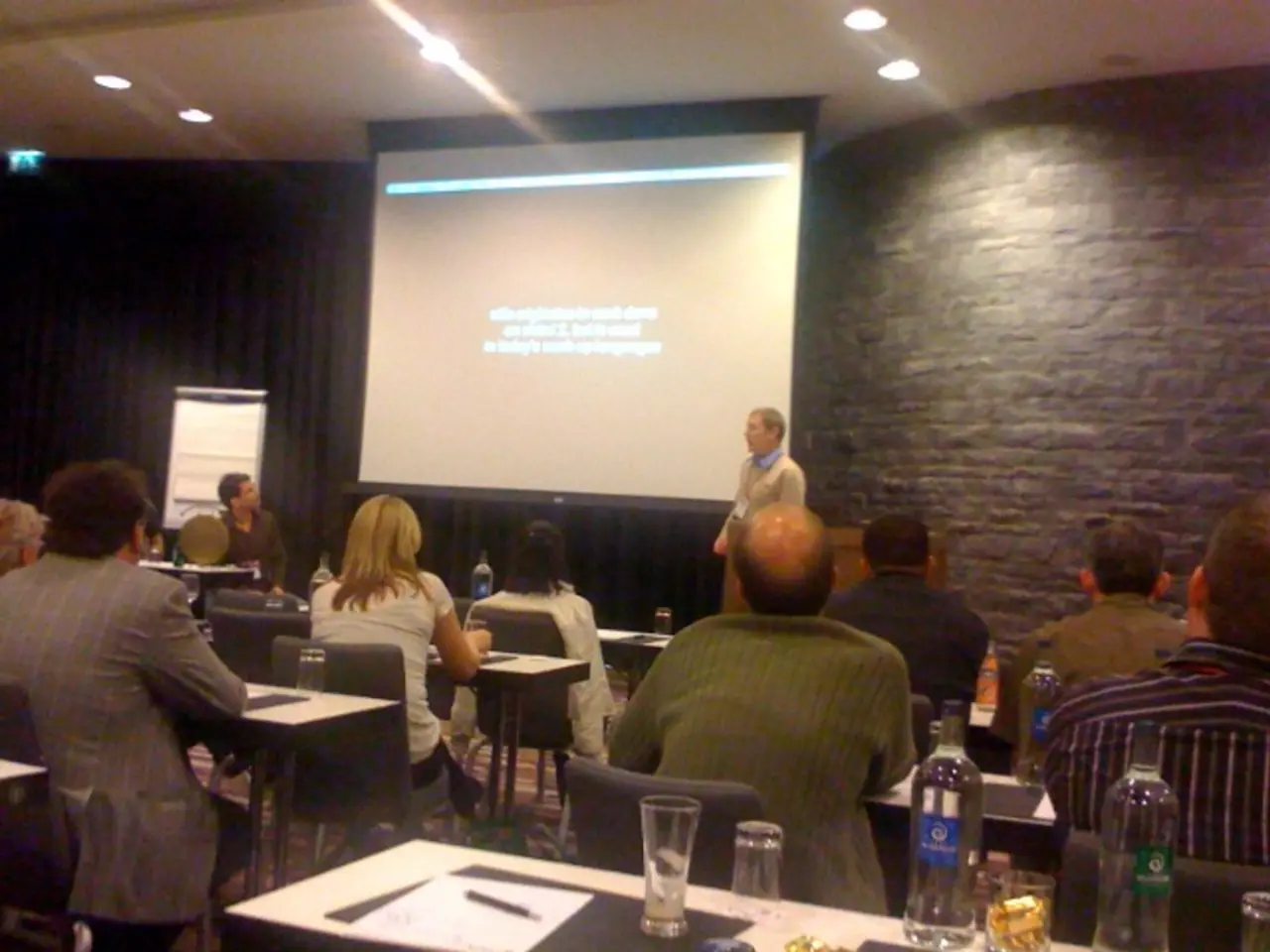Overhearing Intelligence: Strategies to Capture Every Uttered Sound
In today's fast-paced world, effective communication is key, and one of the most important aspects of this is the ability to listen for details. This skill, often overlooked, plays a crucial role in both personal and professional settings.
Customer service representatives, for instance, rely heavily on detailed listening to understand the root of a customer's concerns and provide tailored solutions. However, challenges to detailed listening abound, from internal distractions like stress or preconceived notions, to the fast-paced nature of some discussions.
But why is detailed listening so important? For starters, it contributes to a person's sense of validation and respect. In personal relationships, listening for details fosters trust and understanding, nurturing the relationship and strengthening bonds. It also has psychological advantages beyond interpersonal communications, enhancing memory, cognitive abilities, and even emotional well-being.
So, how can one improve their detailed listening skills? Practicing active listening techniques is key. These include maintaining full attention, limiting judgments, avoiding interruptions, asking clarifying questions, and empathizing with the speaker. Techniques such as maintaining eye contact, visualizing what is said to stay focused, using nonverbal cues like nodding or an open posture to show attentiveness, reflecting or paraphrasing the speaker’s points to confirm understanding, and asking thoughtful questions after the speaker pauses to explore deeper meaning are also effective.
In online communication, where visual cues might be limited, paying meticulous attention to verbal and written details becomes even more essential. Incorporating detailed listening strategies into daily life helps practice and improve this skill.
In personal settings, benefits include deeper emotional connections, greater empathy, and constructive conflict resolution. Professionally, active listening increases trust, promotes teamwork, supports leadership effectiveness, and improves client relations by tailoring responses to their needs. Real-world examples include managers who listen attentively to employee feedback and adjust team strategies accordingly, couples using reflective listening to understand each other’s feelings during discussions, and customer service representatives who clarify concerns before responding to ensure client satisfaction.
Overcoming barriers like distractions, emotional reactions, preconceptions, or multitasking is essential. Regular self-assessment, mindfulness, and exercises such as mirroring or the “question ladder” can train and reinforce detailed listening skills. Listening with cultural sensitivity is crucial in interactions with people from diverse cultural backgrounds to ensure respectful and sensitive communication.
Practicing detailed listening outside of interpersonal interactions can enhance the skill. For example, listening to podcasts or audiobooks actively can be a structured environment for practicing detailed listening. Detailed listening strengthens social bonds and promotes emotional well-being, making it an essential skill in our increasingly connected world.
[1] Smith, J. (2020). The Power of Active Listening. Harvard Business Review. [2] Johnson, K. (2019). The Art of Listening. Psychology Today. [3] Brown, B. (2012). Daring Greatly: How the Courage to Be Vulnerable Transforms the Way We Live, Love, Parent, and Lead. Gotham Books. [4] Jones, A. (2018). The Importance of Listening in Relationships. Verywell Family. [5] Miller, A. (2017). Listen, Don't Just Wait Your Turn: Cultivating Empathy in Conversations. Harvard Business Review.
Engaging in education and self-development, such as reading books like 'The Power of Active Listening' by Smith (2020), 'The Art of Listening' by Johnson (2019), 'Daring Greatly' by Brown (2012), or 'The Importance of Listening in Relationships' by Jones (2018), can help individuals enhance their listening skills and foster personal growth. Continuous practice in listening, as emphasized by Miller (2017), and embracing active listening techniques can lead to improved connections, empathy, understanding, and emotional well-being in both personal and professional settings.




